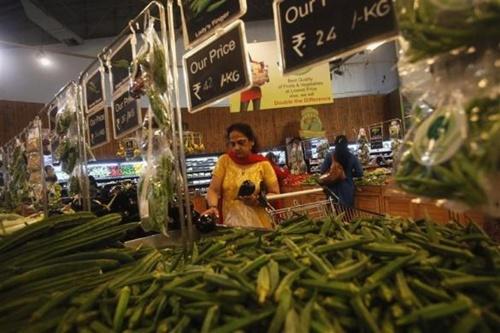
How has the growth of resourced organised retail – whether Indian or foreign – impacted local economies in other developing countries?
Have farmers and local suppliers and kirana gained? Or have they been wiped out, as some political parties and analysts predict for India? Field studies so far suggest the former.
Take Indonesia. The country was (and is) a major producer and consumer of a wide range of agricultural and fishery products. But, like India, it lacked an efficient cold chain that is so vital for moving perishable products to market.
...
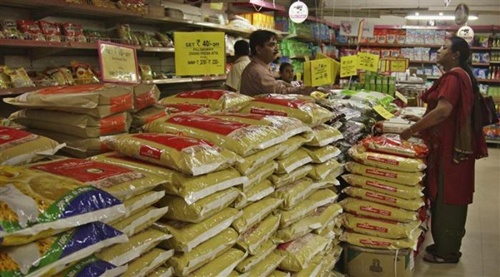
As big retail started setting up shop there in 1980s, the government took the help of international non-profits – like Washington-based Agricultural Cooperative Development International and Volunteers in Overseas Cooperative Assistance (ACDI/VOCA) – to strengthen the country's weak cold chain infrastructure.
To overcome the great distances that perishables had to travel to get to markets, the US Department of Agriculture made funds available for a cold chain improvement project implemented by ACDI/VOCA and its partners Winrock International and Texas A&M University.
...
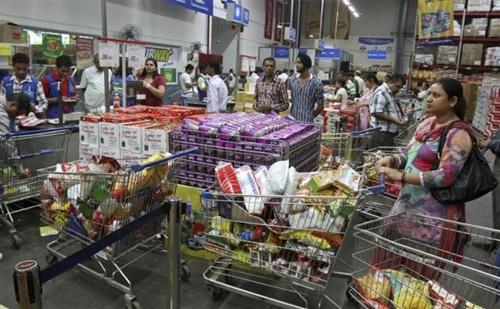
The objective was to improve the cold chain-related technical expertise available at Indonesian universities, providing financing to businesses in the cold chain and developing an association of cold chain-related business.
ACDI/VOCA provided the association with the tools it needed to maintain viability and long-term financial health.
...
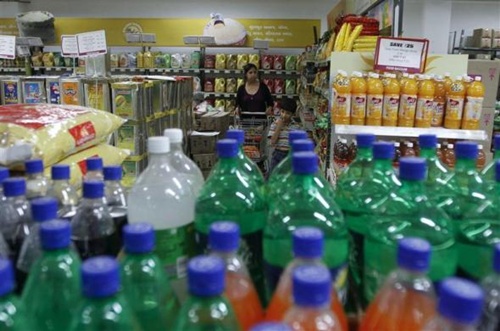
The upshot, says a 2008 study called "Supermarket Revolution In Developing Countries" by International Food Policy Research Institute's Thomas Reardon and Ashok Gulati, is that farmers and processors were able to gain access to quality-differentiated food markets and raise incomes.
In Indonesia, because the sector is still fragmented, foreign chains do not have more than a 20 per cent share of the retail business, a situation similar to that of China.
...
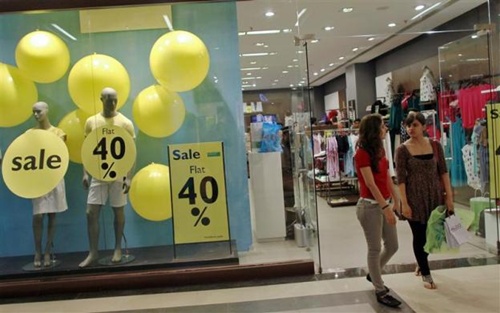
When farmers enter supermarket channels, the study found, they earned 20 to 50 per cent more in net terms.
Among tomato farmers in Indonesia, for example, net profit is 33 to 39 per cent higher among supermarket channel participants than among those in traditional markets.
...
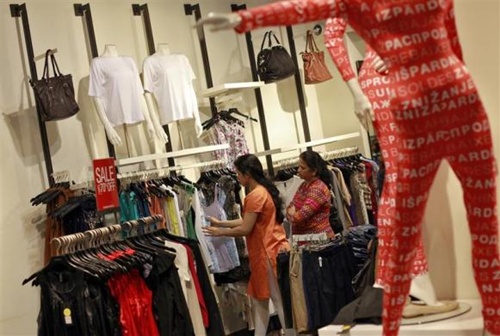
Why does this happen? According to another IFPRI discussion paper by the same authors, as the number of stores in a given supermarket chain grows, the chain typically shifts from a fragmented, per-store procurement system to a distribution centre serving several stores in a given zone or district and eventually across the whole country.
The report cited the China Resources Enterprise, a retailing-to-real estate conglomerate operating in Hong Kong and mainland China, to note that it was saving 40 per cent in distribution costs by combining modern logistics with centralised distribution in its new distribution centres in southern China. Similar figures were available for Costa Rica and Brazil too.
...
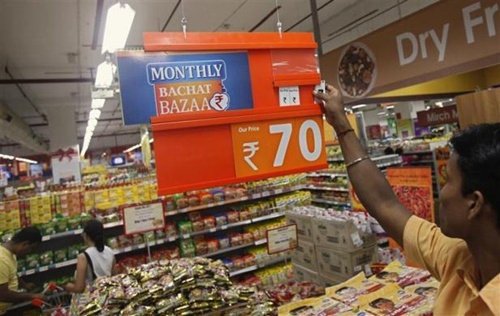
The Philippines, for example, innovated with several programmes after the rush of big retail.
In 2006, the Department of Agriculture started the Neighbourhood Food Terminals where farmers could sell directly to consumers, thus, raising margins to farmers and reducing prices to consumers, according to a discussion paper called "Rise of Supermarkets" by Reardon and Gulati in 2008.
...
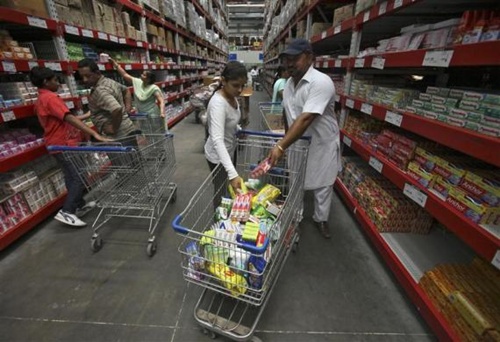
Indeed, the benefits that cold chain infrastructure alone can bring for farmers and, therefore, consumers by reducing wastage are unambiguous.
This, incidentally, can also create a virtuous cycle of growth for the cold chain business, a benefit that India could reap as well.
According to retail consultancy Technopak Advisors, the Indian cold chain market has the potential to grow to Rs 32,000 crore by 2015 from around Rs 18,500 crore in 2010-11.
...
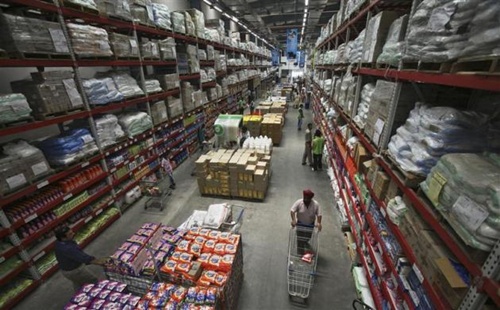
The benefit to farmers as a result of organised retail is something some farm group lobbies understand. As Ajay Jakhar, chairman, Bharat Krishak Samaj, says: "We want a higher farmer share of the consumer price.
I think it is possible to share the benefits proportionally between farmers, consumers and even traders." And foreign direct investment (FDI) in retail can help here, he argued.
...
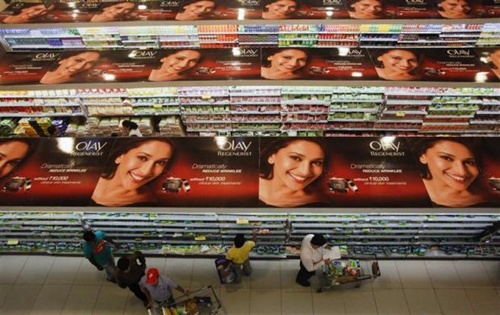
If farmers can gain, so too can small retailers. For example, many cities in China launched wet market-upgrading programmes, similar to those established over the past several decades in Taiwan, Singapore and Hong Kong.
This included a range of soft and hard infrastructure improvements such as better lighting and ventilation; fire-fighting equipment and security, and more.
...
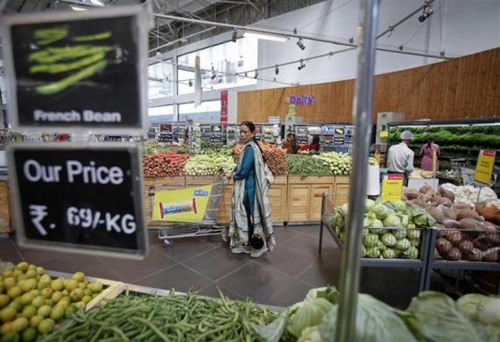
The wet market upgradation would typically involve governments helping small retailers through affirmative action policies to strengthen their competitiveness so they could also participate effectively in the transition to modern retailing.
It also meant providing compensation to help them change their lines.
Still, "FDI in retail is no magic lamp," says Gulati, who is chairman of the Commission for Agricultural Costs & Prices (CACP) and a respected agricultural economist. He argues that success lies in how the policy is implemented.
...
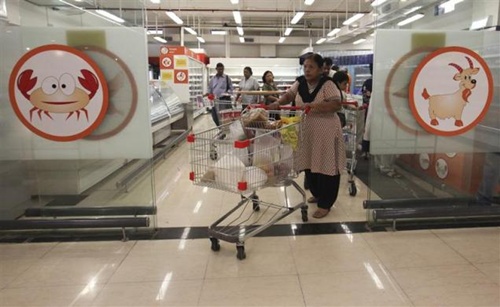
In India, that would mean some concerted action from the states to amend laws that restrict farmers' access to retail markets via state-controlled <I>mandis</I> or wholesale markets under Agricultural Produce Marketing Committees (APMC).
These have evolved into exchanges dominated by powerful cliques of middlemen where price discovery is an opaque transaction (conducted by hand signals under a cloth) and little of the premiums consumers pay trickles down to the farmer.
...
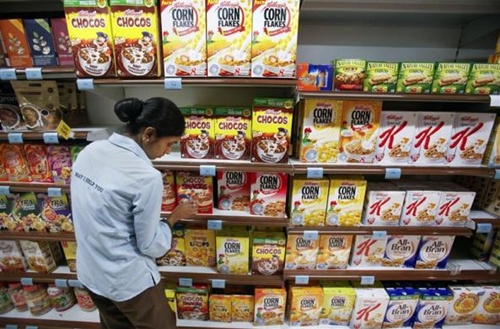
Indeed, calls for amendments to the APMC Act have grown louder and more frequent in recent years with the development of organised domestic retail chains.
In fact, the direct benefits of supply chains run by organised retail have been in evidence for some years.
In 2011, a CII-Boston Global Consulting report showed that farmers in India earn only 30 per cent of the consumer price compared to 50 to 70 per cent in more developed markets.
...
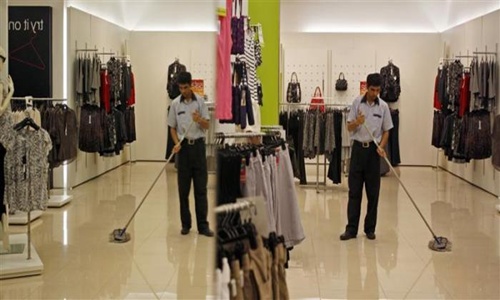
A significant portion of the mark-up in price is due to a large number of intermediaries.
As far back as 2008, the Indian Council for Research on International Economic Relations (Icrier) focused on cauliflower to make the point that current supply chains tend to raise costs for farmers and promote waste.
Farmers who grew cauliflower but did not supply to an organised retailer, the Icrier study said, sowed roughly 18,000 heads of cauliflower per acre of land - a number that far exceeds the ideal count.
...
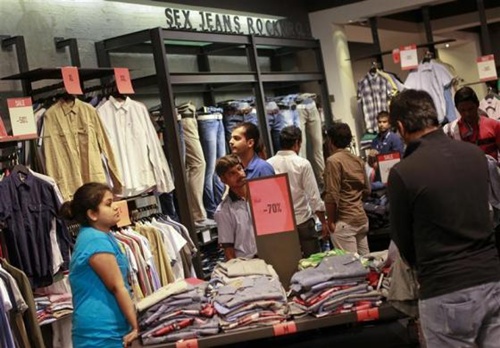
Most international studies have focused on food retailing. But what about the <I>kirana</I> or small local general shops?
The Icrier study of 2008 showed that unorganised retailers in the vicinity of organised retailers experienced a decline in sales and profit in the initial years after organised retailers entered.
...
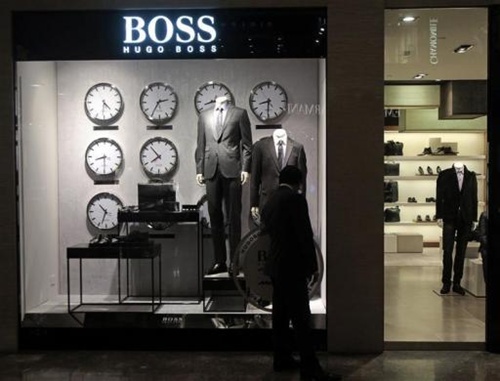
The adverse impact, however, weakens over time: the study discovered that less than half the stores that down shutters do so due to competition from big retail.
Indeed, there is no better example of how <I>kirana</I> stores can reap the benefits of big retail in the much-feared Walmart. IFPRI's paper "Rise of Supermarkets" calls Sam Walton an important example of a <I>kirana</I> man who used entrepreneurial spirit in a situation of opportunity.
...
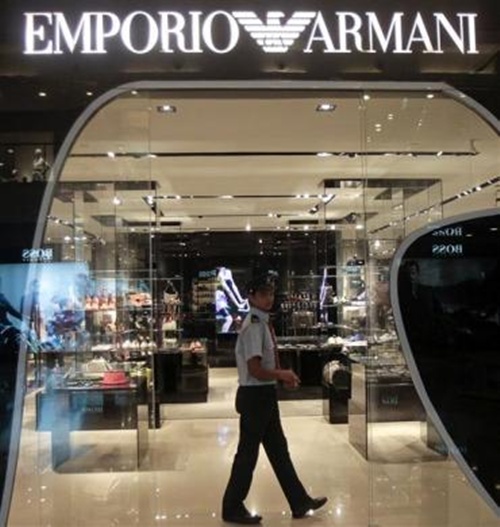
"He started in 1950 with a tiny five-and-dime store in a rural Arkansas village, population 3,000....Walton started by building a chain of kirana stores in the surrounding towns and then states, and by 1962 he had decided to open a small supermarket called Walmart. He hit on an idea to buy directly from suppliers and cut costs by building a distribution center network."
In China, part of the domestic chain response to foreign competition has been first-tier mergers and acquisitions of local chains, the Rise of Supermarkets paper says.
...
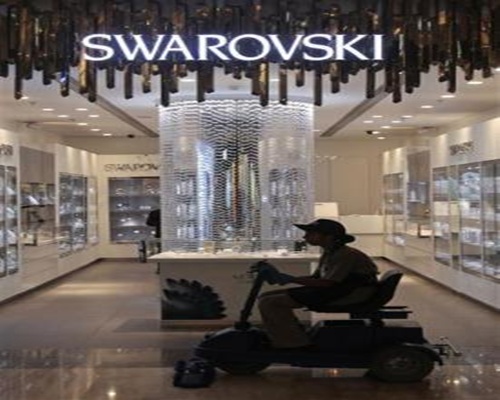
In India, Gulati suggests replicating McDonald's franchisee model to integrate mom-and-pop stores into organised retail chains.
Making it mandatory condition for large retailers to allocate space to franchisees for standardised quality and formats across India is one way of avoiding a clash of interests.